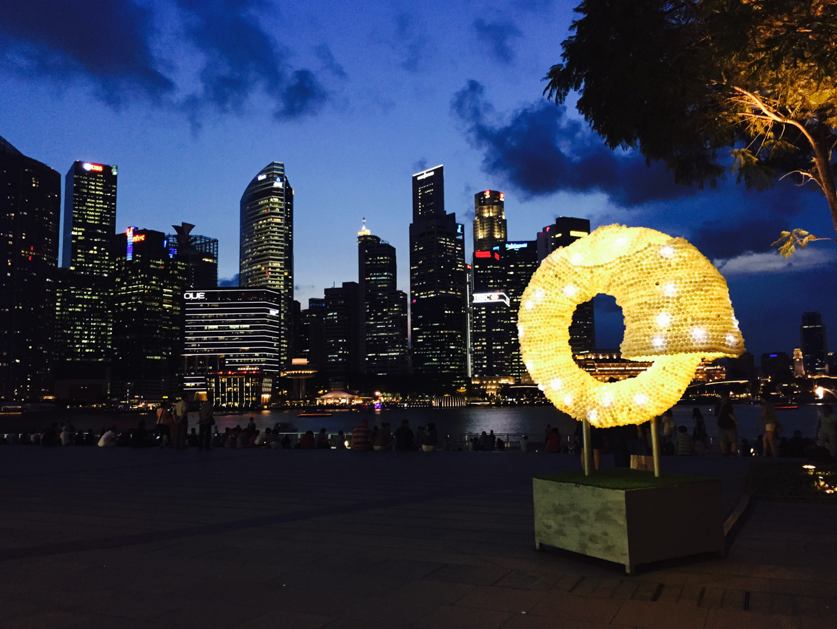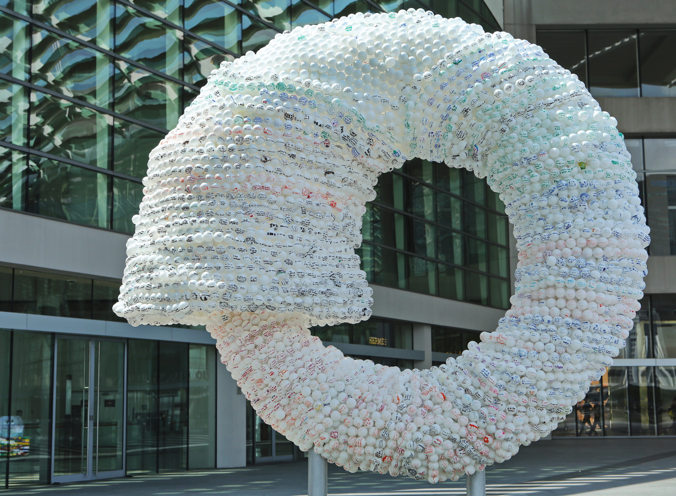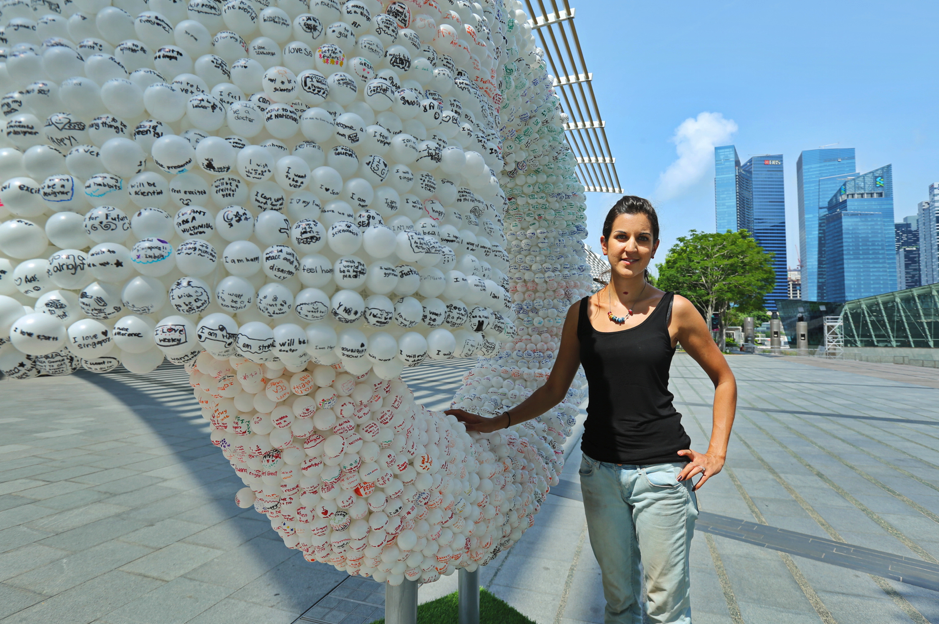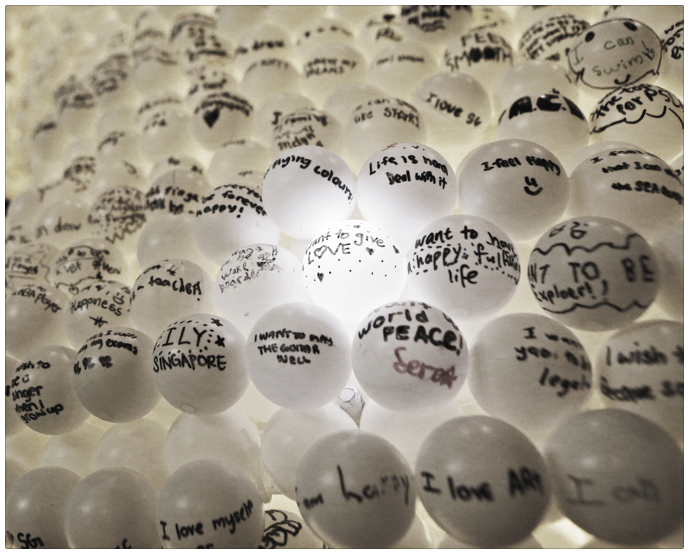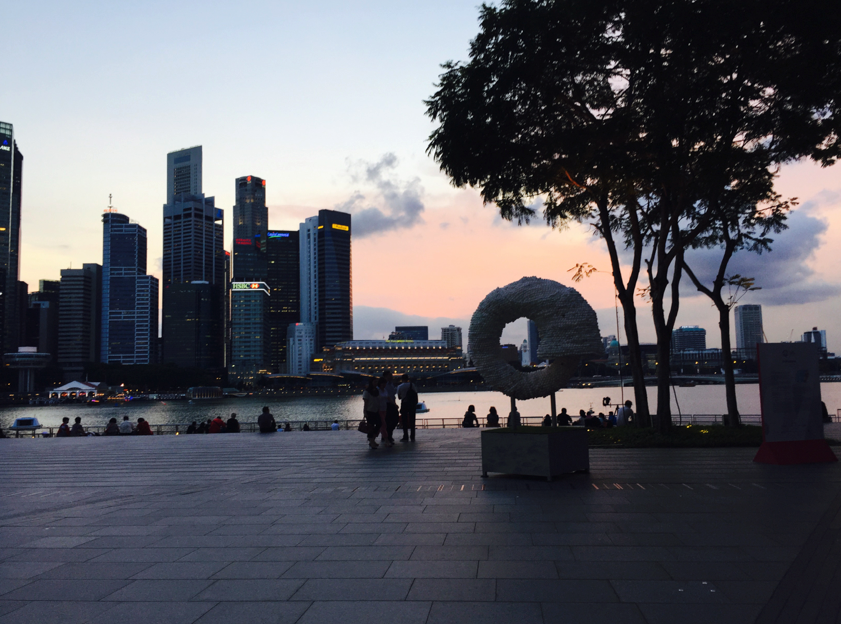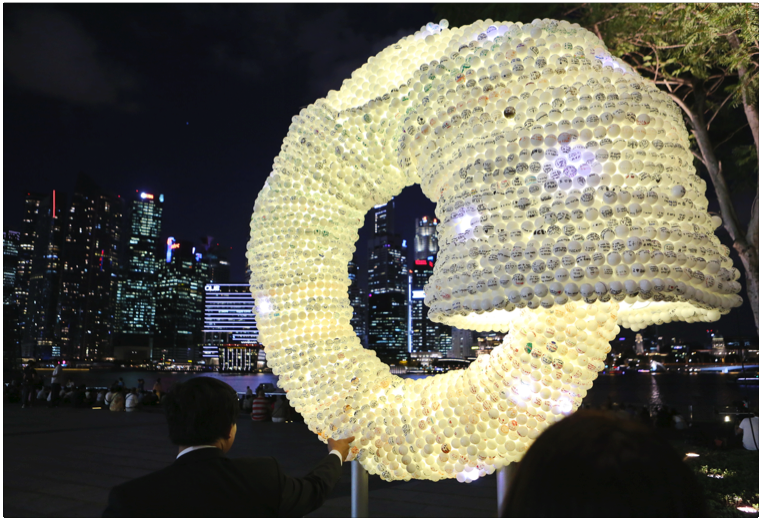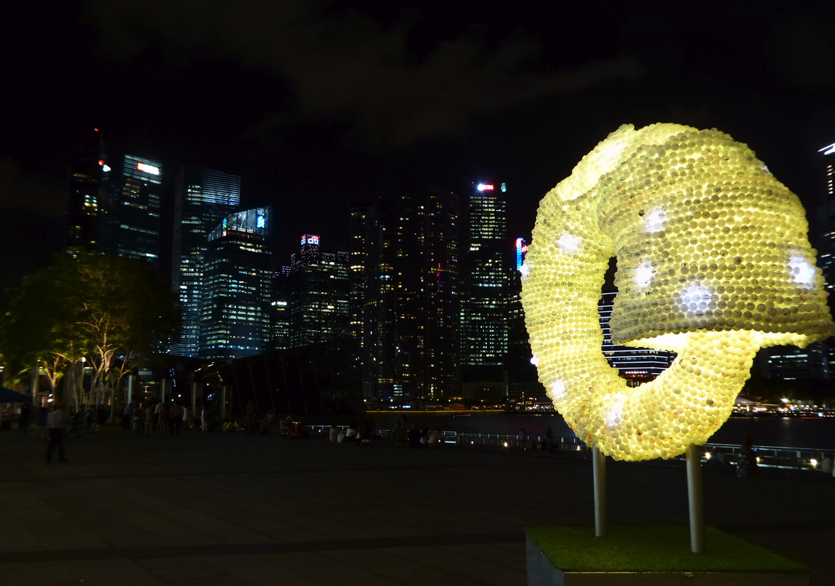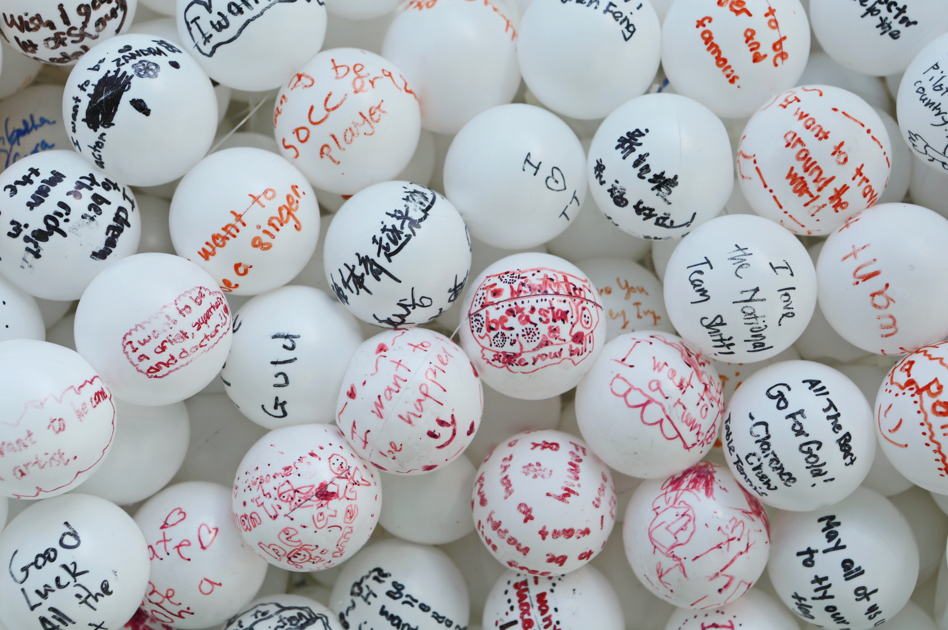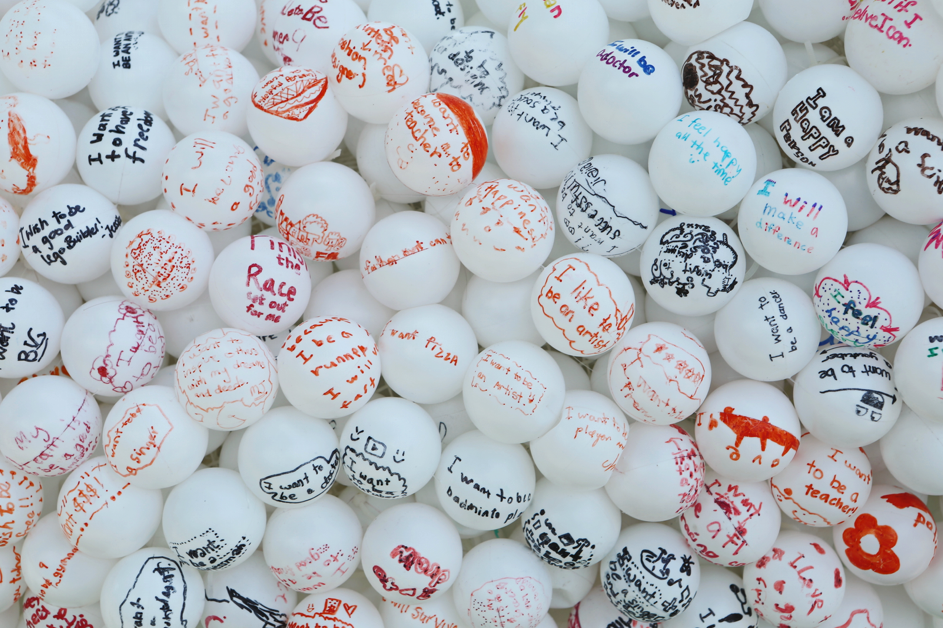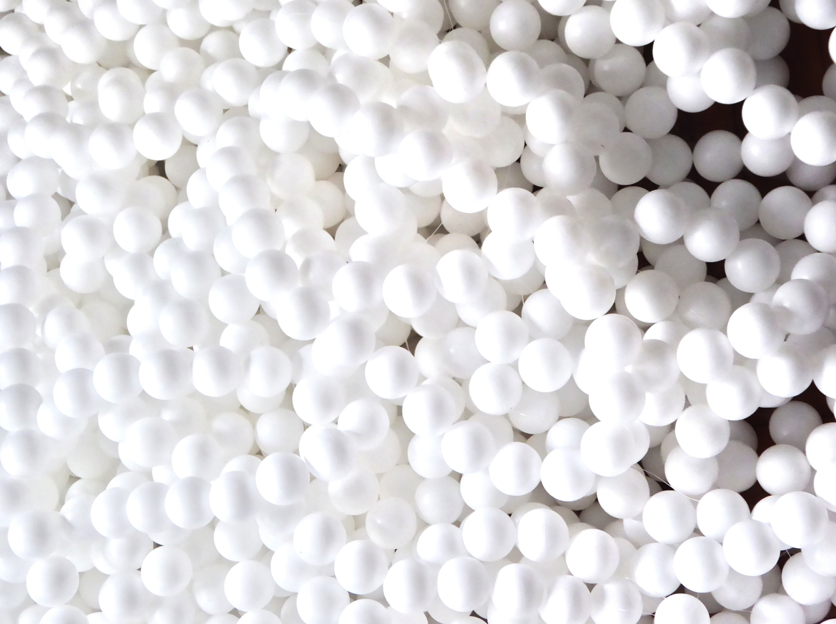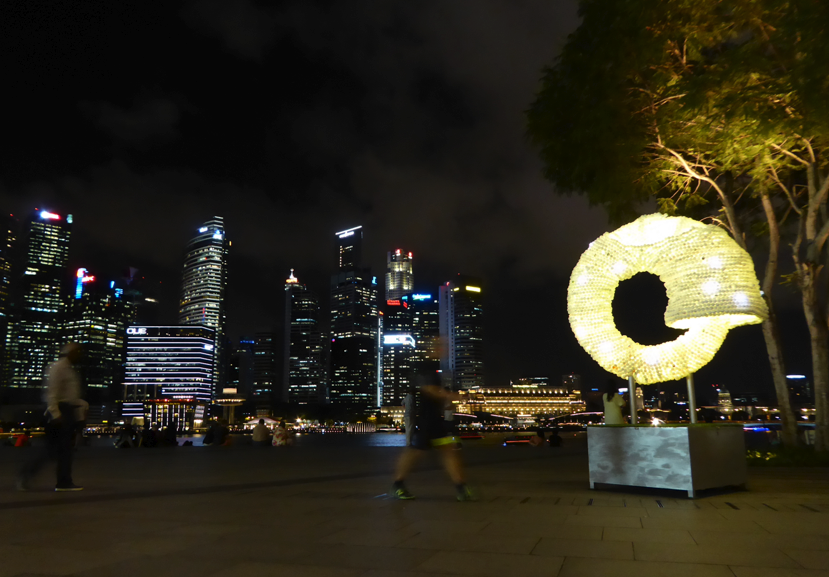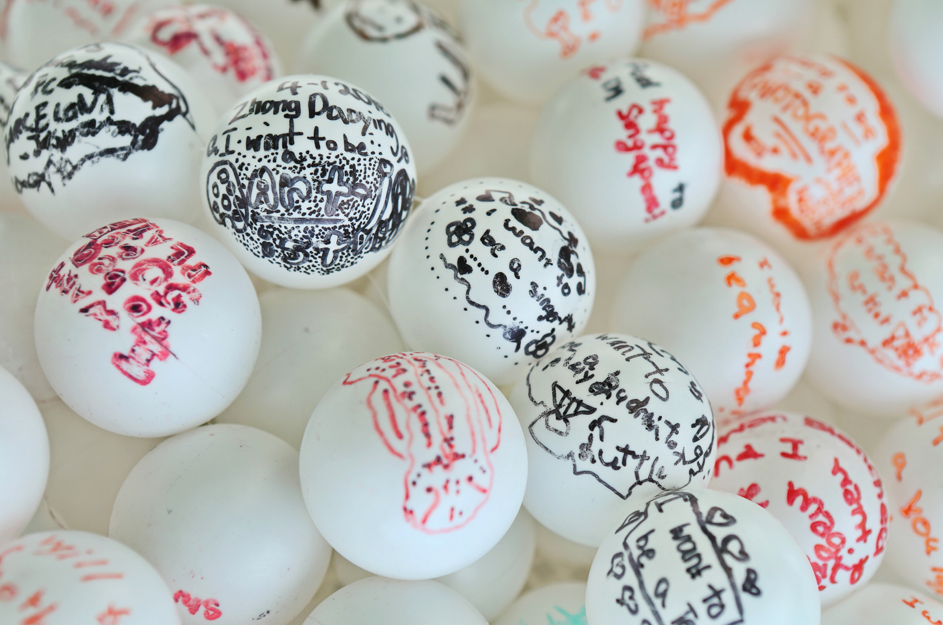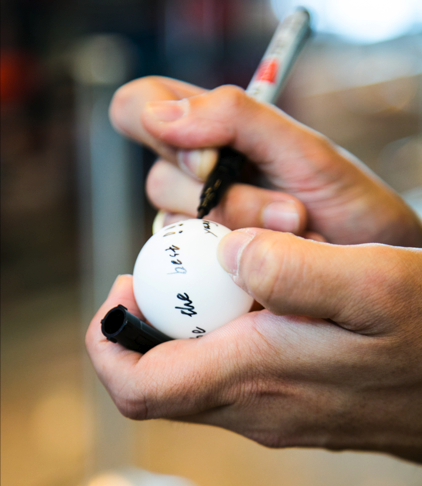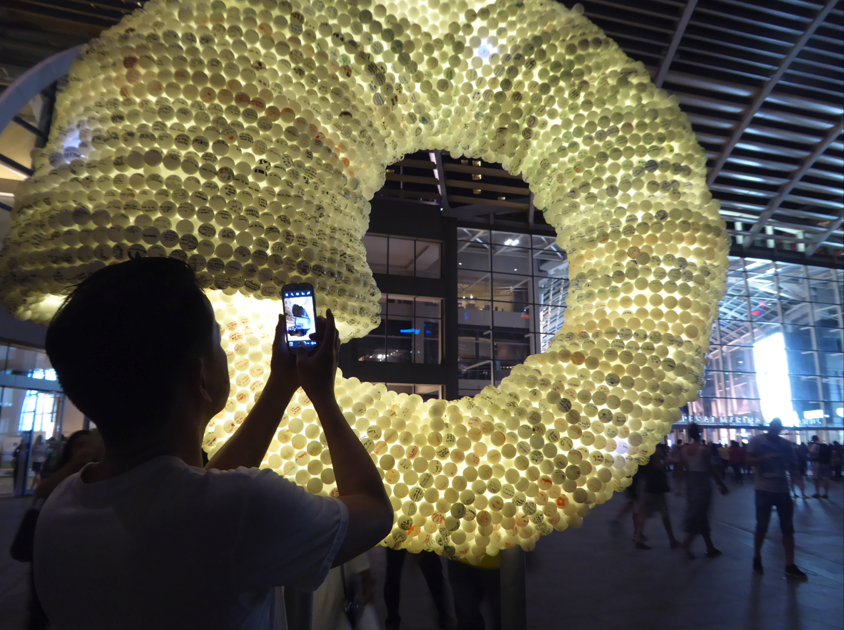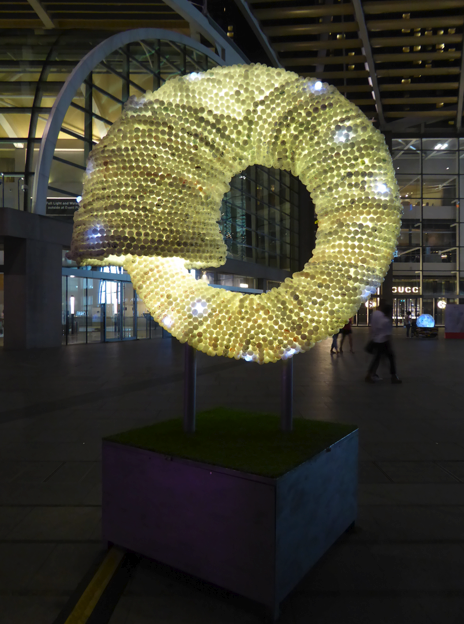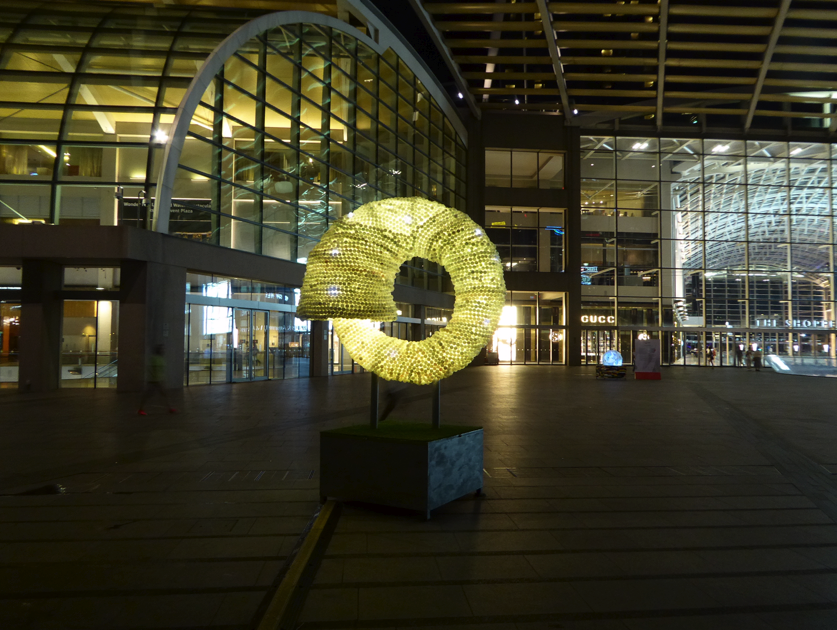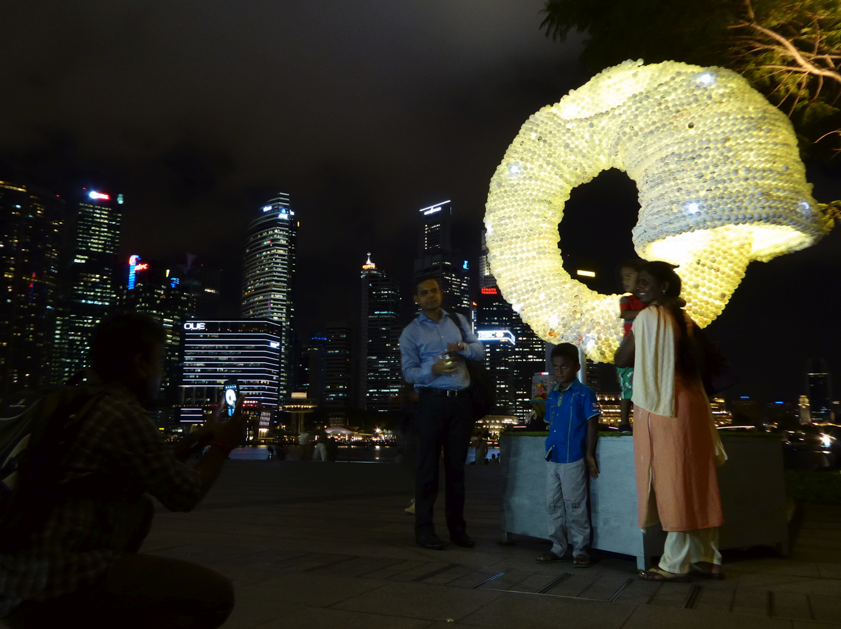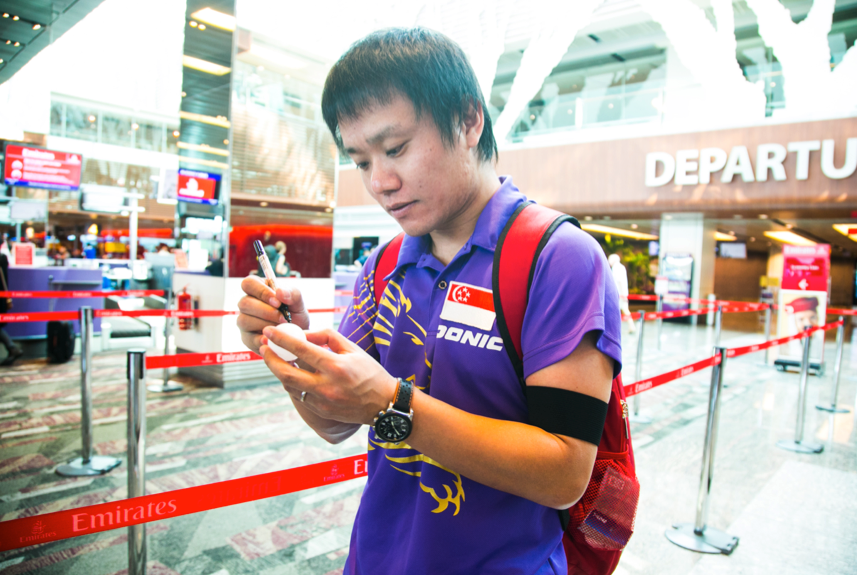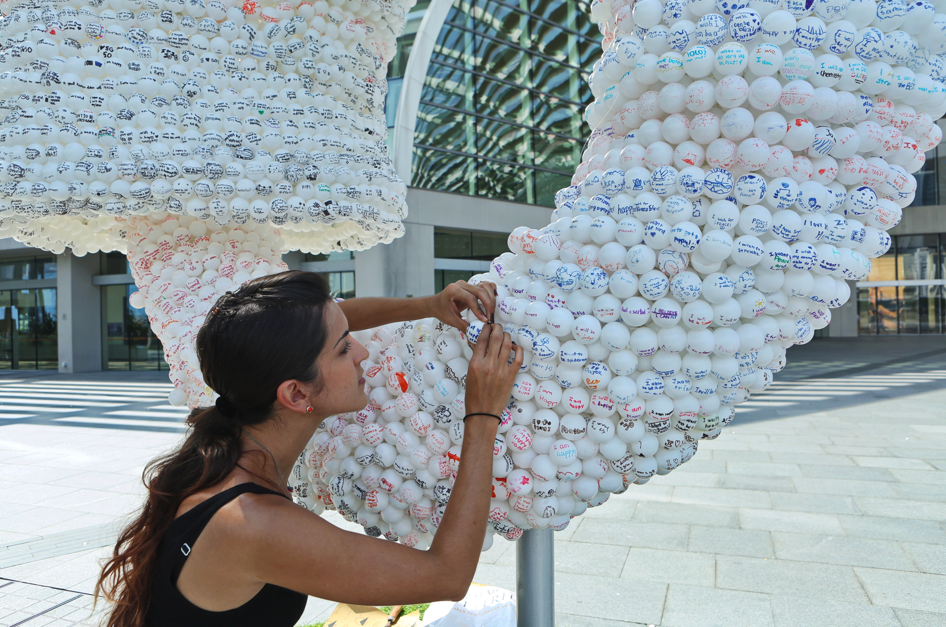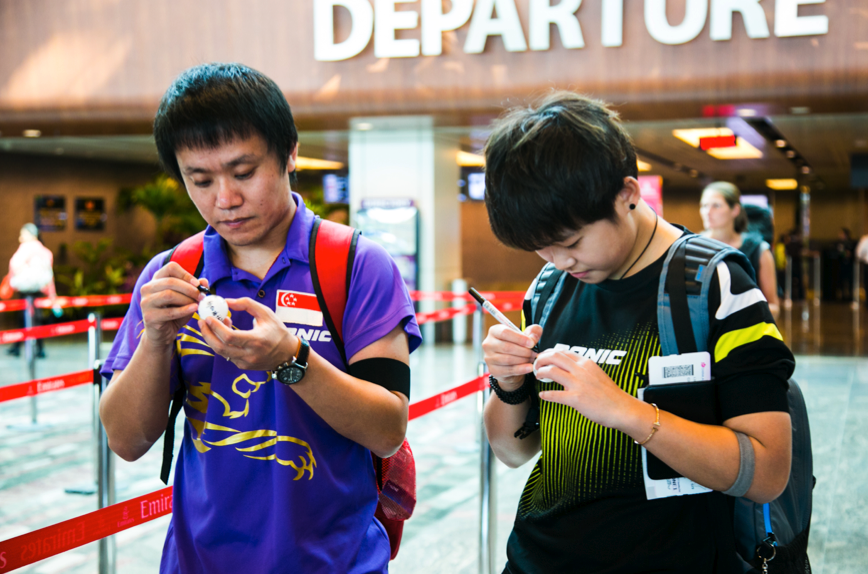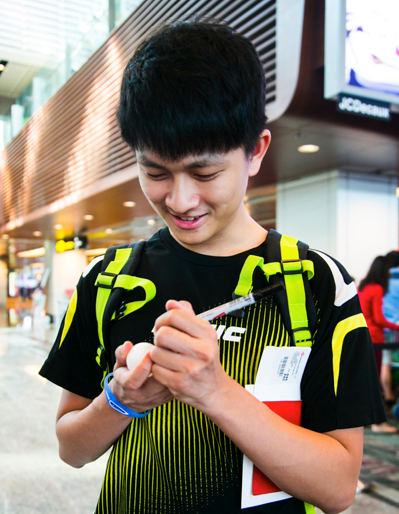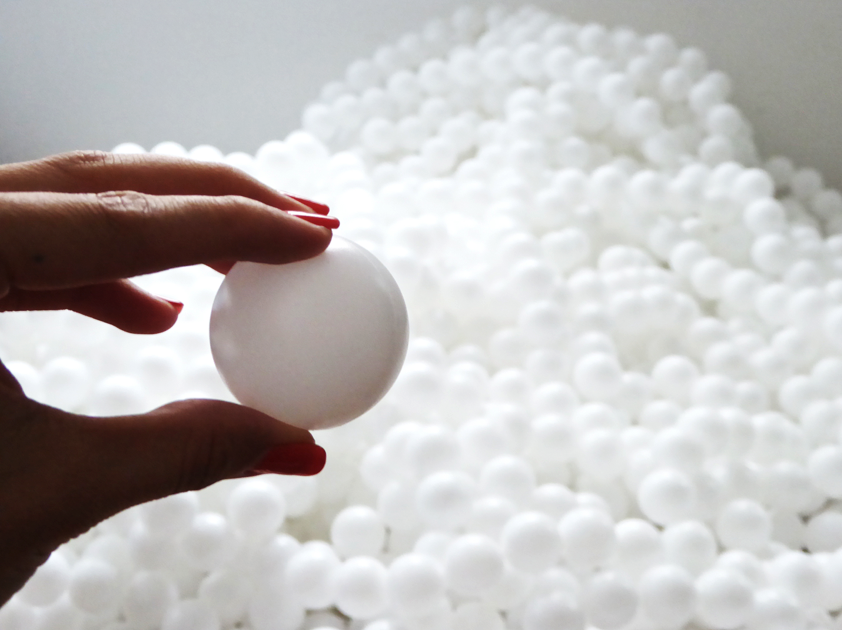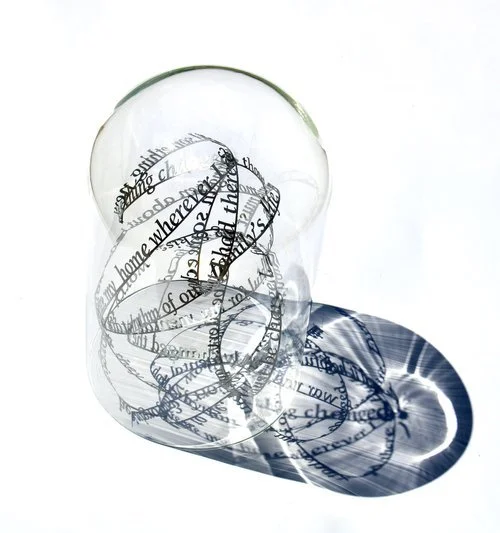Covid cases are rising in Singapore, my home of many years and a place I feel deeply connected to. Of the 614 new cases overnight only 4 were Singaporean or Permanent Resident. So that means the rest are foreign workers. Inequality when it comes to health risk is not a new problem, nor is it one unique to Singapore. It stems from inequality in what is thought of as an appropriate standard of life, income, and access to healthcare for some groups of people over others. Now that the unseen impacts have been made so clear, it doesn’t seem right and countries around the world are scrambling to rectify the situation. Here is a work I made about a Burmese worker who lost the sight in one eye in 2016 due to bad living and working conditions, toiling on the Tuas boats. Gladly, his case was flagged to Ministry of Manpower in the end, but it took the loss of his sight for his employer to admit to any wrongdoing:
I am so saddened that the way the foreign workers and migrants around the world are expected to live - it’s finally being shown up to the world (& having been the subject of several of my artworks over the years) - and this poor standard of living is making them such a Covid-19 target. Here 'privilege' is clearly shown up, but this disadvantage affects people all over the world in myriad more invisible ways every day. We see it in industries which are mainly employing foreign workers such as the meat processing industry in Ireland, USA and several other countires.
I remember many interviews and chats with foreign workers hosted in Singapore and various countries around South East Asia, for my research about disenfranchised communities with Singapore Art Museum and Humanitarian Organisation for Migration Economics, or times when I tried a smile or chat in passing to break down that barrier between 'them' & residents. This happened especially when I was working at Singapore’s famous Marina Bay in 2015 to put up my public sculpture Ouroboros: I started at 6am every morning to miss the crowds and the sun, and had chats with so many of the cleaners and gardeners who arrived at 4/5am to start work. I asked them if I could borrow their broom and they thought I was a mad 'expat'. Gradually over the days they trusted me a bit more they asked why I wanted to talk with them? Why don't I just blank them like everyone else? Every morning a crowd of them gathered and we would have tea and chats.
Now - I am not on the ground in Singapore anymore so I don’t know what the social feeling is. Will it make people afraid of the foreign workers as a health risk in future, backing away and causing further fractures and divides? Or will it make people reach out to befriend workers? To realise their value and everything they do for us, and that they are so patient to put up with the conditions and disrespectful treatment they have to go through?
The sculpture from 5 years ago which gave me the privilege, of getting to know foreign workeres from Malaysia, India, and rural parts of China:
Latest Singapore figures as of today: https://www.straitstimes.com/singapore/614-new-covid-19-cases-in-singapore-taking-total-past-30000 or check https://www.straitstimes.com for future updates.
